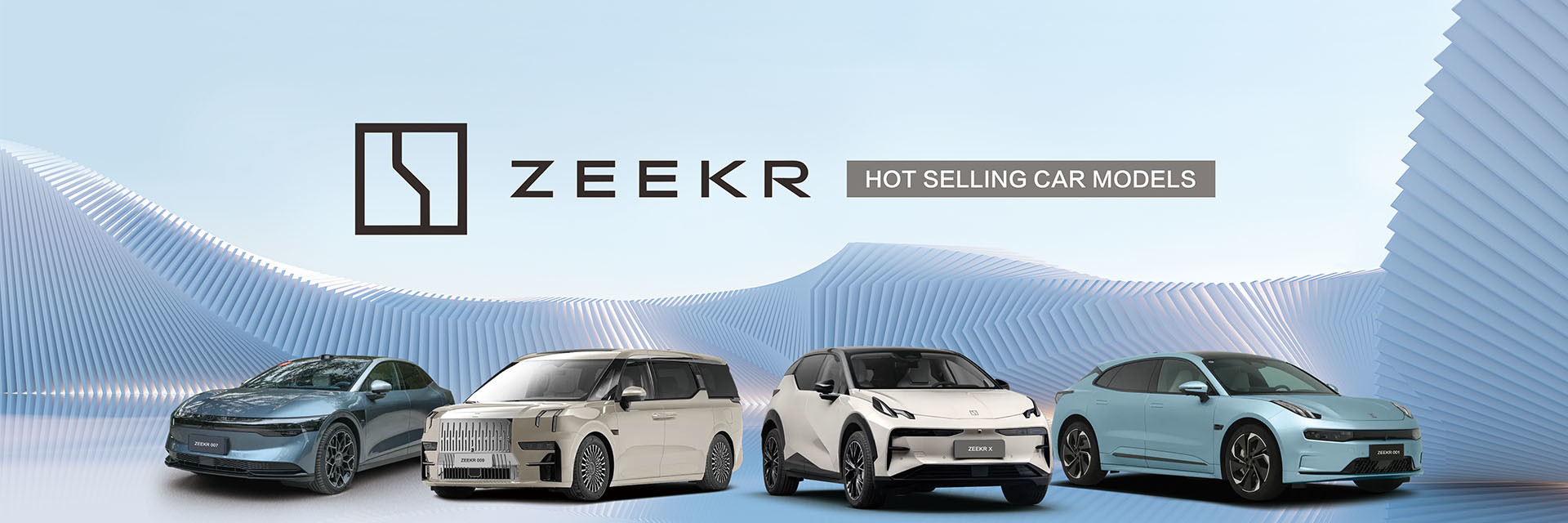Recently, Tesla's CEO Elon Musk indicated at the 2024 Tesla Shareholders Meeting that to export to the Chinese and European markets, Tesla must produce a Cybertruck "special edition" that meets local standards. He believes that Cybertruck will be warmly welcomed by consumers wherever it is listed. Although limited by cost issues, Musk mentioned that exporting Cybertruck to China and the EU is not a top priority, but it can also be seen that Tesla has some plans for the expansion of the Chinese pickup market.
However, for Cybertruck, it is not easy to enter the Chinese market. In addition to the need for the vehicle itself to be modified and its performance changed, it also faces many challenges such as domestic policies and regulations on pickup trucks and market adaptability.
Cybertruck made its debut in 2019, attracting global attention with its unique design and excellent performance. After years of delays, it began mass production and delivery at the end of last year, and came to China for an exhibition tour at the beginning of this year. It not only received widespread attention from the market but also sparked consumer speculation about the car's upcoming introduction to the Chinese market. However, Musk quickly poured cold water on the "spark of hope". As he previously stated on social media, it will be difficult for Cybertruck to legally drive in China.
The main reason behind this is that Cybertruck's front part uses stainless steel material and a design close to a right angle, which is difficult to meet some of China's vehicle pedestrian protection legal provisions. In addition, China's automotive evaluation institutions have strict evaluation procedures for vehicle pedestrian protection functions, and Cybertruck is difficult to meet the safety requirements of the regulations. Similarly, the EU also has corresponding vehicle safety regulations. This means that Cybertruck cannot drive on the road in China and Europe. To enter these two major markets, Tesla has to launch a "special edition" model that is targeted, while retaining the core advantages of CyberTruck, some functions are adjusted or abandoned according to specific market demands.
Cybertruck wants to enter China, and the urgent problem to be solved is how to improve pedestrian protection performance, change materials, and optimize the vehicle structure, that is, to "smooth" the sharp edges and corners. In addition to dealing with market access and compliance challenges, how to break through the barriers in the market, policies, and cognition are all practical issues in front of Tesla.
Firstly, in the Chinese market, pickup trucks have some restrictions and inconveniences in terms of policies and vehicle usage environment. In the past, pickups have always been classified as trucks and have long been able to operate only on the outskirts of cities. In recent years, with the gradual relaxation of various restrictions on pickups in China, policies to lift the ban have been implemented in various places, coupled with the implementation of the "General Technical Conditions for Multi-purpose Trucks" and the improvement of the usage environment, the living space for pickups has gradually expanded. However, many restrictions and policy pain points about pickups have not yet been resolved. For example, the policy of mandatory scrapping of pickup models after 15 years or 600,000 kilometers still exists, and some cities still do not allow pickups to enter the city, even models like the Raptor F-150 and Toyota Tundra, which are priced at seven or eight hundred thousand yuan or even a million yuan, are not immune to "punishment". Although Cybertruck is a pure electric model, it is still a pickup. If Cybertruck enters China as a pickup, it will not be of great help to Tesla's brand sales.
Secondly, the new energy wave in China's pickup field is just beginning, and pure electric pickups are a new thing. Consumers' understanding of its characteristics is limited and requires a certain period of acceptance. At the same time, electric pickups still have some gaps compared with traditional fuel pickups in terms of scene applicability, energy replenishment efficiency, safety performance, and overall performance under complex conditions, and there are still limitations in terms of driving range and charging infrastructure, which are also challenges that Tesla needs to face when promoting Cybertruck.
Additionally, after entering the Chinese market, how Cybertruck can compete for a place, how to establish a complete supply chain system and quality control standards, is also a problem it needs to solve. In terms of subsequent product development, how to combine China's regional characteristics, market demand, and consumer habits to develop models that meet the application scenarios of the Chinese market is an issue that needs to be seriously considered. In fact, since Cybertruck went into mass production, it has repeatedly had problems. It was previously recalled due to the risk of the accelerator pedal getting stuck, and recently it was suspended for delivery due to the safety issue of the wiper motor. The "special edition" for the Chinese market to be launched at that time will have to make significant changes and adjustments, and new problems are likely to arise.
In general, it is not easy for Cybertruck to enter China smoothly. However, the author believes that in the Chinese pickup market where product homogenization is serious, Cybertruck, with its unique charm, is expected to win the favor of many consumers and will inevitably bring more positive impacts to the Chinese pickup market, promoting the high-end development of Chinese pickups and enhancing the status of pickups in the Chinese market. Especially now, the electrification of pickups in China is still in its early stages, which requires continuous cultivation and guidance from enterprises, and also needs heavyweight products to break the situation. Cybertruck's entry into China will inevitably stimulate the "nerve" of the electrification of the Chinese market, encourage domestic pickup companies to increase R&D investment, continuously innovate and optimize products, promote the improvement of the technical level of China's pickup industry, and activate the "blue ocean" market of domestic electric pickups, helping to expand the pickup market.
It can be said that Cybertruck's road to China is both expected and full of challenges. Regardless of whether it will be popular in the future, Cybertruck may become a catfish in the pickup market, accelerating the process of electrification of pickups in our country.













 IPv6 Network Supported
IPv6 Network Supported
